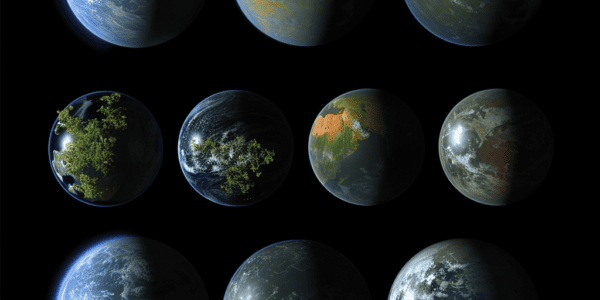Research Suggests Potential for Life on White Dwarf Planets
Recent research suggests that planets orbiting white dwarfs, the remnants of stars that have exhausted their nuclear fuel, may be viable candidates for sustaining life. This study highlights the long lifespan and potential habitable zones around white dwarfs, which could provide stable environments for biological evolution. With the possibility of liquid water and geological activity, these celestial bodies challenge traditional astrobiology views and expand the search for extraterrestrial life.
Navigating Online Privacy and the Quest for Habitability in Our Solar System
Explore the vital importance of online privacy and data protection in the digital age. Understand the role of cookies, user consent, and the implications of data sharing. Learn how to manage your online privacy effectively while keeping informed about your rights in this evolving landscape.
Seeking Another Earth: Look for Low Carbon Dioxide
Seeking another Earth? Look for low carbon dioxide What do we need to find if we want to discover another Earth? If an exoplanet is too far away for even the most powerful telescopes to search directly for water or…
New Research Suggests CO2 Levels in Planet Atmospheres Could Indicate Habitability
New research has suggested that the levels of carbon dioxide (CO2) in a planet’s atmosphere relative to its neighboring planets could indicate the presence of liquid water, potentially signifying habitability. The findings, published in the journal Nature Astronomy, offer a…




